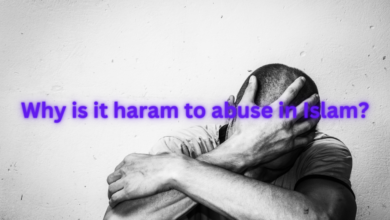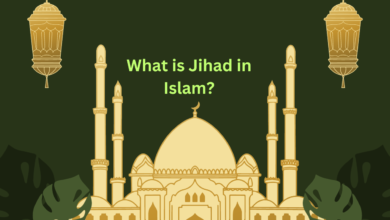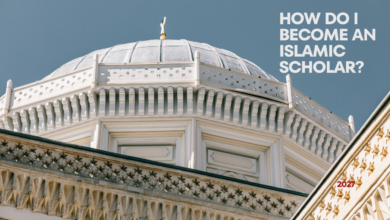Kya Diwali Manana Haram hai?
Navigating the Intersection: Diwali Celebrations and Islamic Perspectives
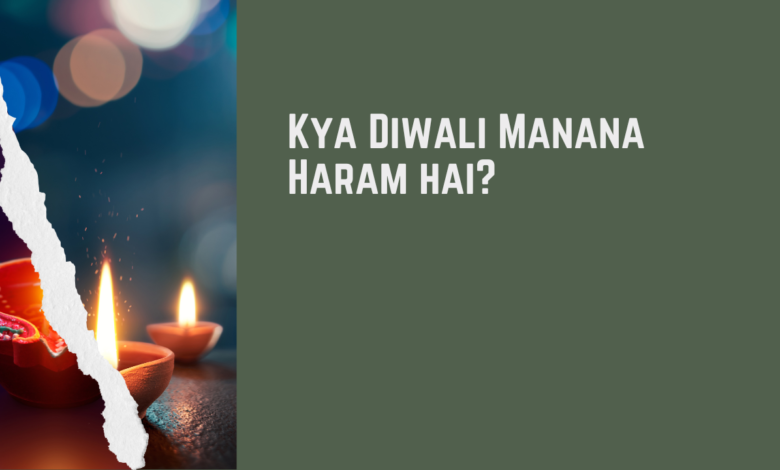
Kya Diwali Manana Haram hai?
The permissibility of celebrating Diwali in Islam depends on individual interpretations and scholarly opinions. Many scholars agree that participating in the cultural aspects of Diwali, which do not involve religious rituals, is generally acceptable.

Introduction:
Diwali, also known as Deepavali, is one of the most celebrated festivals in Hinduism, symbolizing the victory of light over darkness and good over evil. However, in a world marked by religious diversity, questions may arise about the permissibility of Muslims participating in or celebrating festivals from other faiths. Specifically, some may wonder if celebrating Diwali is considered haram (forbidden) in Islam.
Islamic Perspective on Interfaith Relations:
Islam encourages its followers to engage in harmonious relationships with people of other faiths and cultures. The Quran emphasizes the need for mutual understanding and respect, stating in Surah Al-Kafirun (109:6), “For you is your religion, and for me is my religion.” This verse underscores the principle of religious freedom and tolerance.
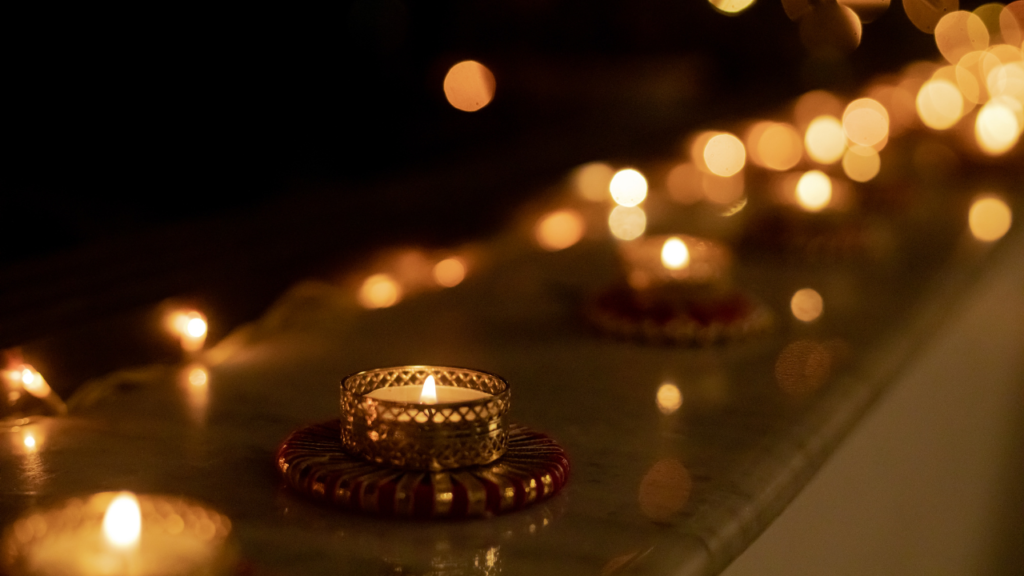
Also check.
- Why Ludo is Haram in Islam?
- Who Crucified Jesus in Islam?
- What is Dar al Islam?
- What is Confucianism?
- What is Haram?
Diwali’s Cultural Aspect:
It is essential to differentiate between religious rituals and cultural celebrations. While Diwali is rooted in Hindu religious traditions, many of its cultural aspects, such as exchanging gifts, lighting lamps, and enjoying festive meals, are not inherently tied to religious rituals. From an Islamic perspective, engaging in cultural festivities that do not contradict Islamic principles is generally permissible.
Avoiding Religious Syncretism: While participating in cultural celebrations is generally acceptable, Muslims are advised to avoid religious syncretism, which involves blending elements of different faiths in a way that compromises the purity of one’s religious beliefs. Islam strictly prohibits associating partners with Allah (shirk), and any practice that leads to such associations should be avoided.
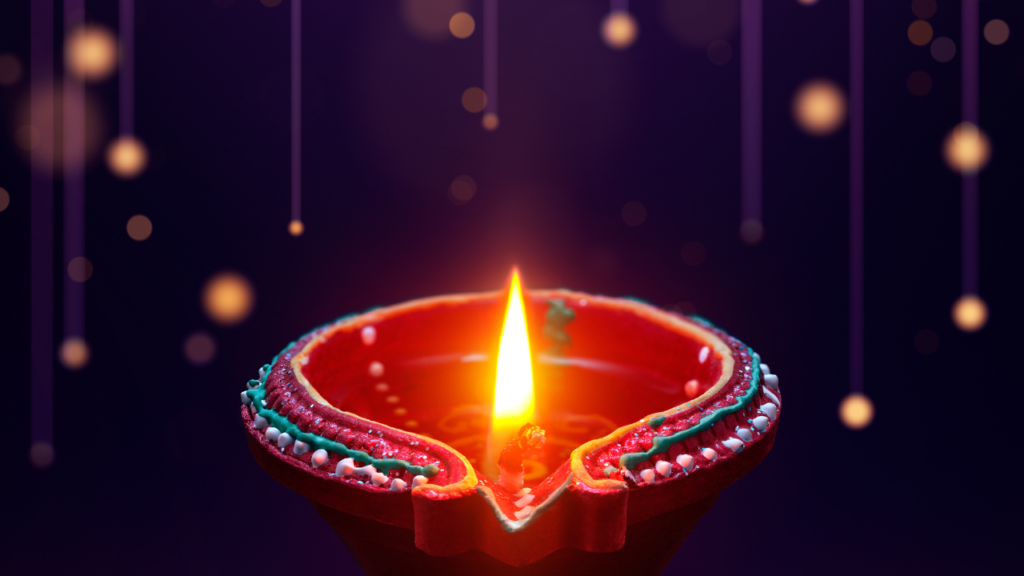
Respecting Differences:
Islamic teachings emphasize the importance of respecting religious diversity and differences. Muslims are encouraged to be courteous and respectful towards people of other faiths. The Quran states in Surah Al-Hujurat (49:13), “O mankind, indeed We have created you from male and female and made you peoples and tribes that you may know one another.”
Individual Interpretations and Scholarly Opinions: Islamic scholars may have differing opinions on the permissibility of participating in Diwali celebrations. Some scholars argue that engaging in cultural festivities that do not involve religious rituals is acceptable, while others may advise caution to avoid any perceived endorsement of non-Islamic beliefs.
Conclusion:
In conclusion, celebrating Diwali, in its cultural and non-religious aspects, is generally considered permissible in Islam. However, individual interpretations and scholarly opinions may vary, and Muslims should exercise discretion and seek guidance from knowledgeable scholars. The key is to maintain a balance between participating in cultural celebrations and preserving the integrity of one’s religious beliefs, avoiding any practices that may lead to religious syncretism or compromise Islamic principles.
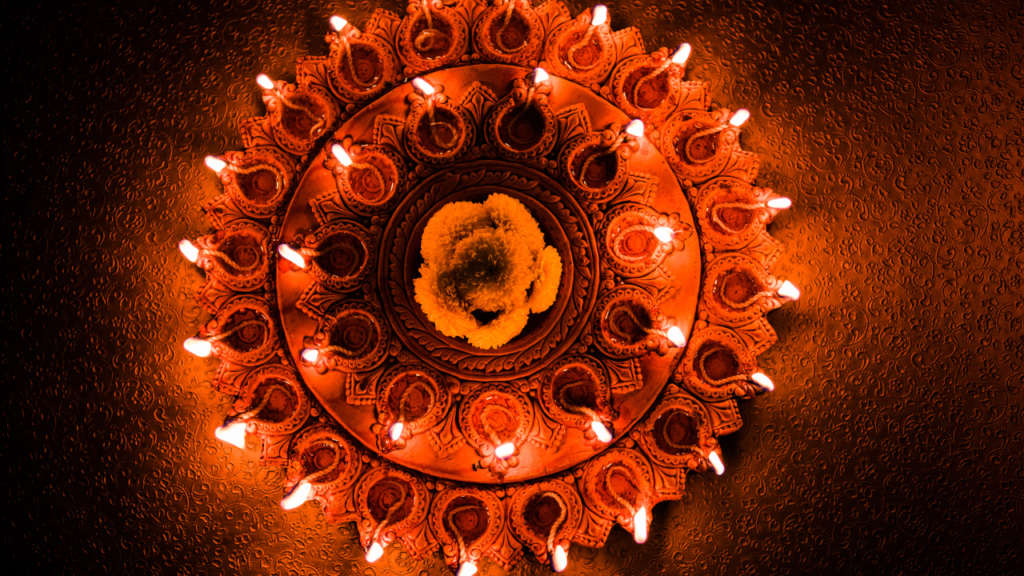
FAQs
Is it permissible for Muslims to celebrate Diwali?
The permissibility of celebrating Diwali in Islam depends on individual interpretations and scholarly opinions. Many scholars agree that participating in the cultural aspects of Diwali, which do not involve religious rituals, is generally acceptable.
What aspects of Diwali are considered cultural and not religious?
Cultural aspects of Diwali may include activities such as exchanging gifts, lighting lamps, decorating homes, and enjoying festive meals. These practices are often seen as expressions of joy and community rather than religious rituals.
Does participating in Diwali celebrations contradict Islamic principles?
Engaging in Diwali celebrations that involve cultural activities is generally considered permissible, as long as it does not lead to religious syncretism or compromise Islamic beliefs. It is crucial to avoid practices that may imply an endorsement of non-Islamic religious rituals.
Are there differing opinions among Islamic scholars regarding Diwali celebrations?
Yes, there may be varying opinions among Islamic scholars. Some scholars may consider cultural participation in Diwali acceptable, while others may advise caution to prevent any perceived association with non-Islamic beliefs. It is recommended to seek guidance from knowledgeable scholars.
How can Muslims strike a balance between cultural participation and religious principles during Diwali?
Muslims can maintain a balance by participating in cultural festivities that align with Islamic values and avoiding any activities that may lead to religious syncretism. Respecting religious diversity, upholding Quranic principles, and seeking guidance from scholars are essential in navigating this balance.
